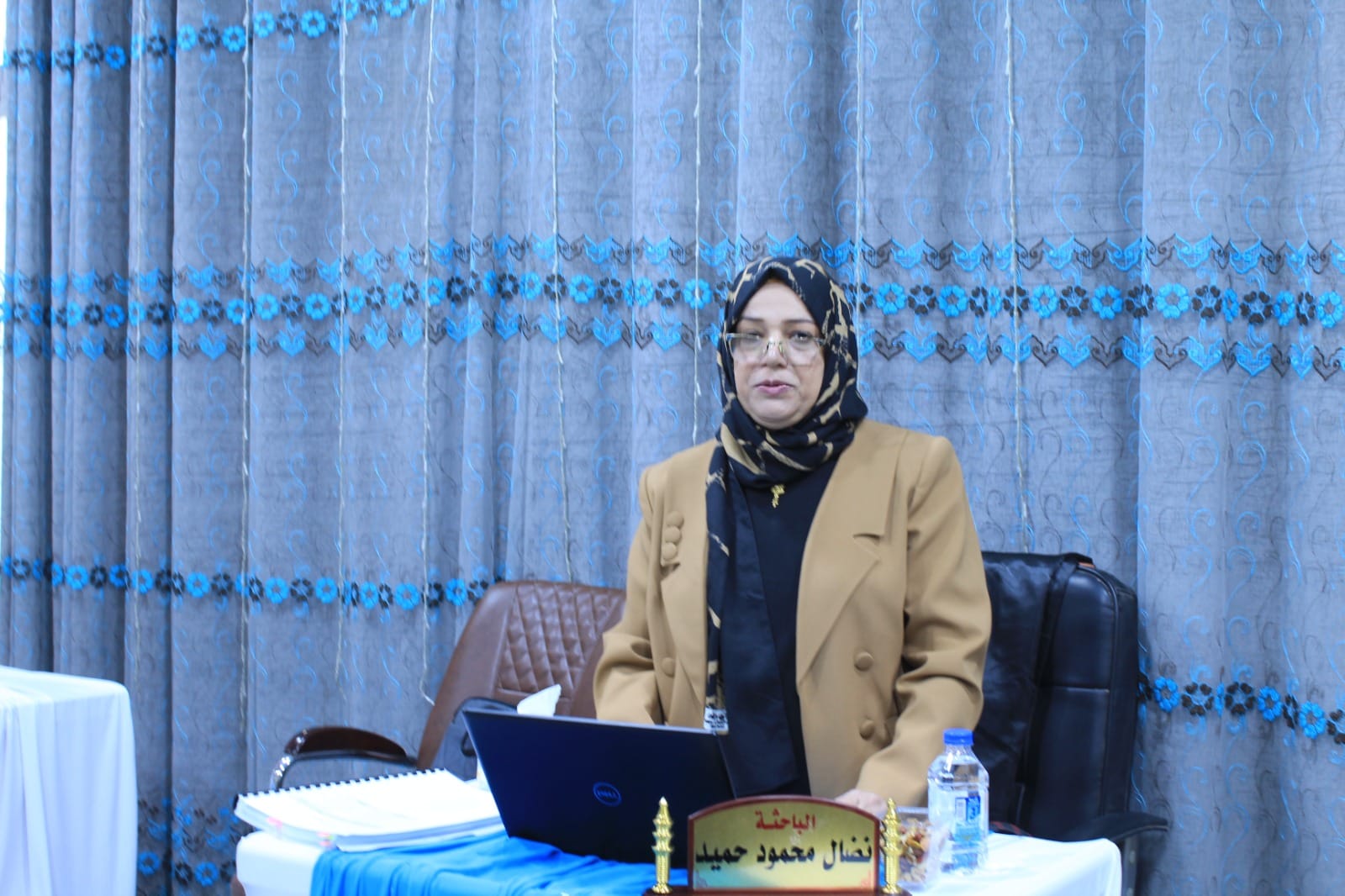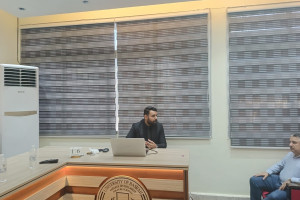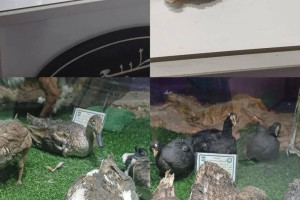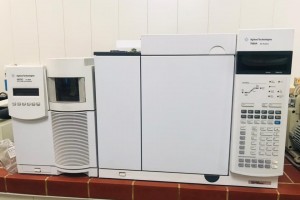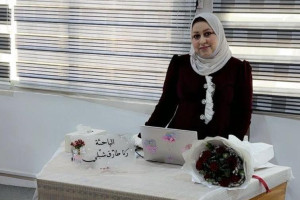
The College of Education for Pure Sciences at the University of Basrah in the Department of Life Sciences discussed a master’s thesis on (Estimation of liquid medical waste discharged from some hospitals in the water, sediments and reeds of water canals in Basrah Governorate - Iraq)
The message submitted by the researcher (Nidal Mahmoud Hamid) included:
There is a significant deficiency in the performance of the private treatment plant for both Al-Sadr Teaching Hospital and the General Ports, and its reliance on traditional and stereotypical methods and designs without resorting to modernization, in addition to the increase in expenses that the two plants deal with, which exceed their design capacity, which led to a high concentration of pollutants in the hospitals’ wastewater.
Dumping wastewater from hospitals without treatment leads to a significant increase in water pollutants and a negative impact on aquatic organisms, as it is loaded with polluting materials (organic and inorganic), toxic substances and heavy elements, in addition to unpleasant odors and distorting the view, which causes an imbalance in the natural balance of the ecosystem and becomes a source of Great concern and danger to the lives of people living in that area.
The presence of pharmaceutical waste such as antibiotics, chlorinated compounds and other hazardous substances in wastewater discharged from hospitals leads to many environmental disorders and thus becomes harmful to humans, animals and plants.
The reed plant was more tolerant to environmental conditions and more susceptible to growing in polluted water and sediments.
The concentrations of heavy metals in the reeds were higher than the concentrations of heavy metals in water and sediments, so it can be used in phytoremediation.
The concentration of pollutants in the water, sediments and reed plants of the Al-Sadr Teaching Hospital station is higher than the concentration of pollutants in the water, sediments and reed plants of the Ports Hospital station.
The message was recommended
By providing the necessary support to health institutions through expanding hospital sewage networks, establishing treatment units in a scientific and thoughtful manner, and preparing a good maintenance program for each treatment unit, and operation and maintenance must always be carried out side by side.
And spreading health awareness and creating a new and sound basis for dealing with medical waste, by establishing an administration that works to employ scientific and technical capabilities to dispose of liquid medical waste, through a monitoring program to preserve the waters of the Shatt al-Arab and its canals.
Conduct future studies by applying biological treatment systems based on environmentally friendly materials, such as local plants that have a role in treating pollutants. We recommend conducting large-scale studies on disinfection secondary products, as they are carcinogenic and toxic compounds.
